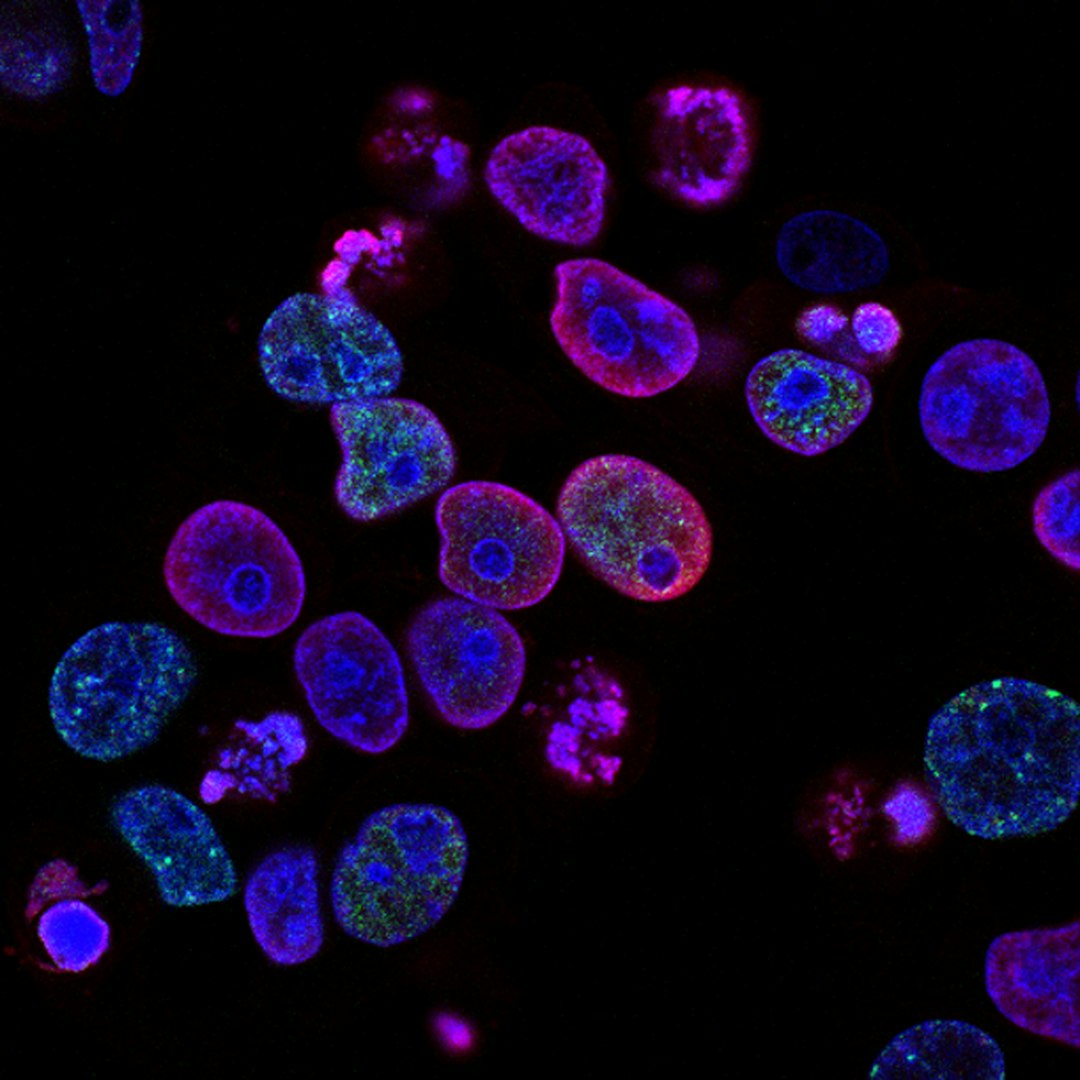The Future of Work: How Automation is Reshaping Industries
The world of work is undergoing a significant transformation, largely shaped by the rapid development of automation and artificial intelligence (AI) technologies. These technological advancements have not only altered the way we work, but also reshaped entire industries, creating new opportunities and challenges for workers, businesses, and society as a whole. In this blog post, we will explore how automation is changing the future of work and how industries are being impacted.
Automation has long been seen as a threat to jobs, with fears that machines will replace human workers on a large scale. While it is true that certain jobs are becoming obsolete due to automation, it is crucial to understand that automation is not about replacing humans, but rather augmenting and enhancing their capabilities. By delegating repetitive and mundane tasks to machines, workers are freed up to focus on more strategic and creative aspects of their roles, leading to increased productivity and job satisfaction.
One industry that has been significantly impacted by automation is manufacturing. Traditionally, manufacturing jobs were labor-intensive and required significant manual effort. However, with the introduction of automation technologies such as robotics and AI, factories have become more efficient and productive. Machines are now capable of performing complex tasks with precision and speed, resulting in increased output and reduced costs. While this has resulted in job losses in certain areas, it has also created new employment opportunities in fields such as robotics programming and maintenance.
Another industry that has been transformed by automation is the transportation sector. With the development of self-driving vehicles, the need for human drivers is diminishing. Autonomous trucks and delivery drones are already being tested and deployed in various parts of the world. While this may lead to job losses for truck drivers, it also presents new opportunities in roles such as monitoring and supervising autonomous vehicles. Moreover, the reduction in transportation costs due to automation can have a positive impact on other industries, such as retail and e-commerce.
The impact of automation goes beyond manufacturing and transportation. Automation technologies are also being integrated into healthcare, finance, customer service, and many other sectors. In healthcare, for instance, robots are being used to assist in surgeries and provide care to patients. AI-powered chatbots are revolutionizing customer service by offering instant support and personalized assistance. These advancements not only improve efficiency but also enhance the quality of service provided, leading to better outcomes for both businesses and consumers.
While automation brings numerous benefits, it also presents several challenges. One of the key concerns is the potential displacement of workers who are not equipped with the necessary skills to adapt to the changing job market. The rapid pace of technological advancements means that workers need to continuously upskill and reskill to remain relevant in the workforce. This requires a commitment from both individuals and organizations to invest in lifelong learning and training programs. Governments and educational institutions also play a critical role in providing accessible and affordable opportunities for individuals to acquire new skills.
Another challenge is the ethical implications of automation. As machines become increasingly intelligent, questions arise around the accountability and decision-making processes. The potential for bias and discrimination, as well as the impact on privacy and security, needs to be carefully addressed. Society must ensure that the benefits of automation are distributed equitably, and that human values and ethics are upheld in the design and deployment of automation technologies.
In conclusion, automation is reshaping industries and the future of work. While certain jobs may be replaced by machines, automation also creates new opportunities and enhances the capabilities of workers. Industries such as manufacturing, transportation, healthcare, and customer service are experiencing significant transformations due to automation technologies. However, this technological revolution also comes with challenges such as the need for continuous upskilling and addressing ethical implications. By embracing automation responsibly and equipping workers with the necessary skills, we can navigate the future of work successfully and create a more productive, inclusive, and sustainable world.









